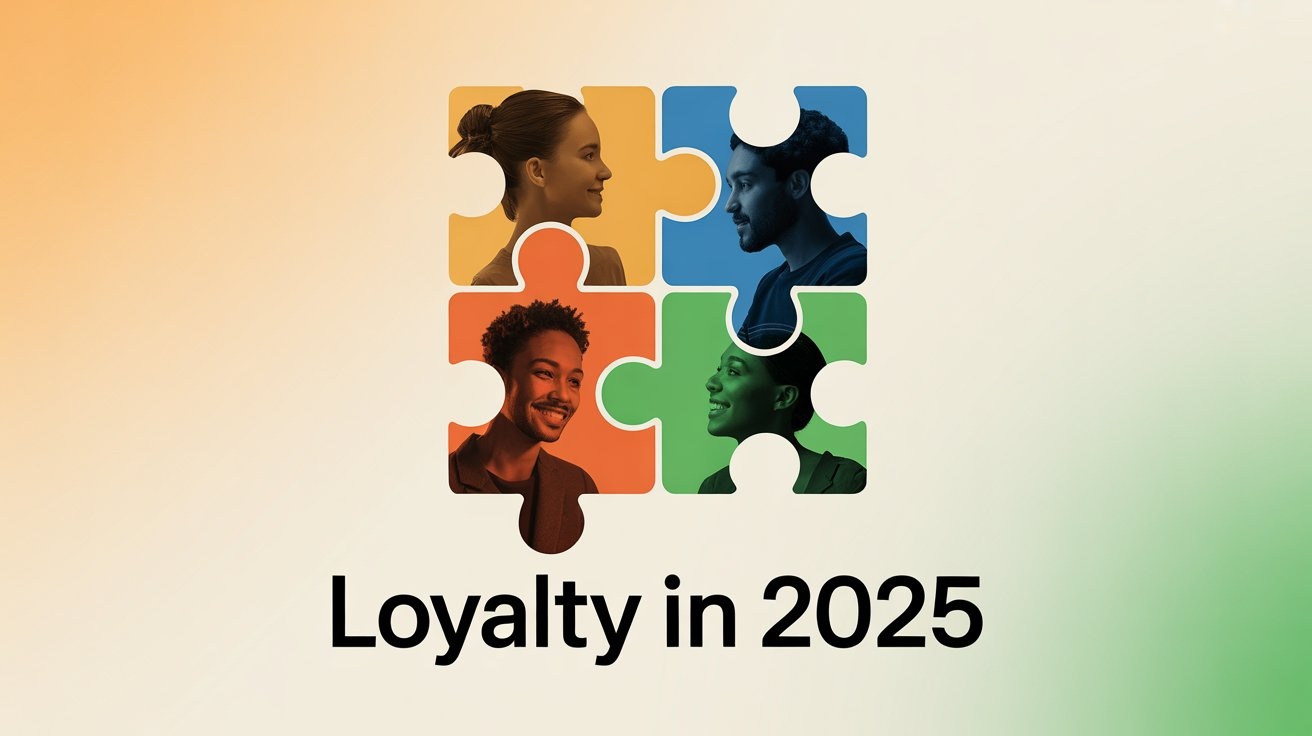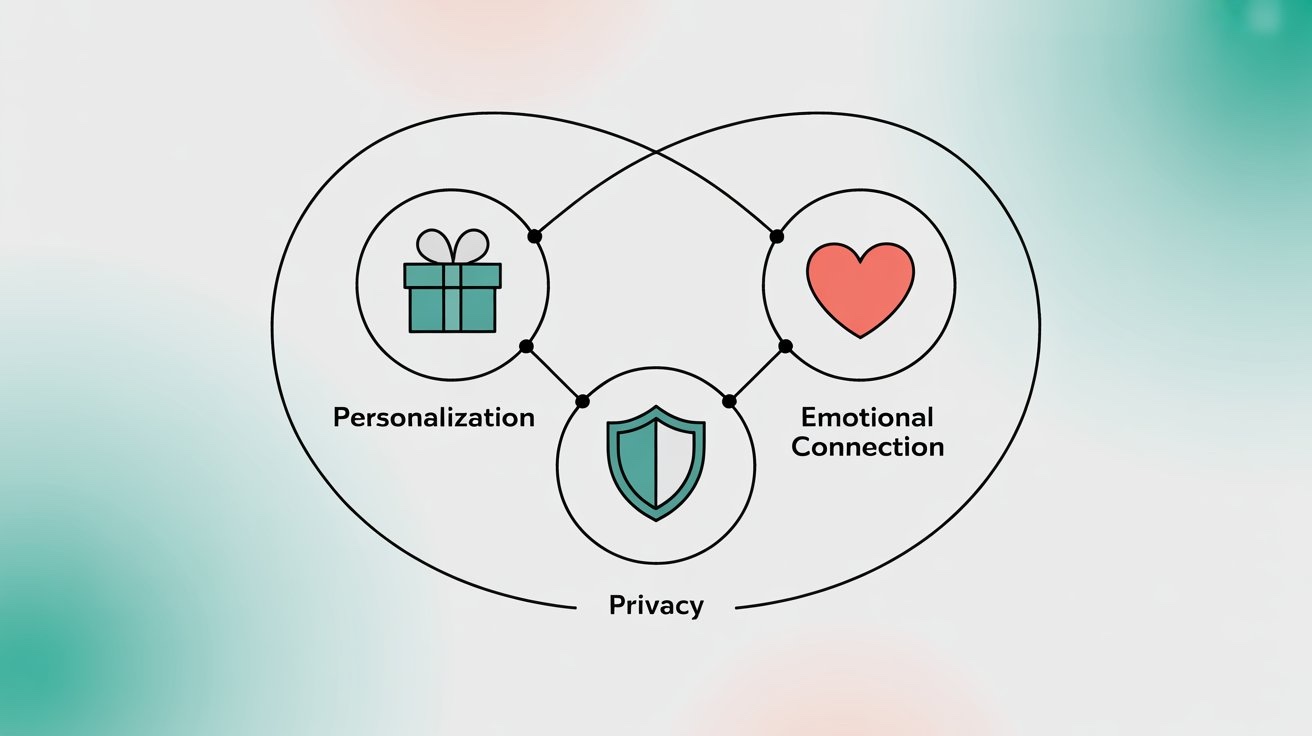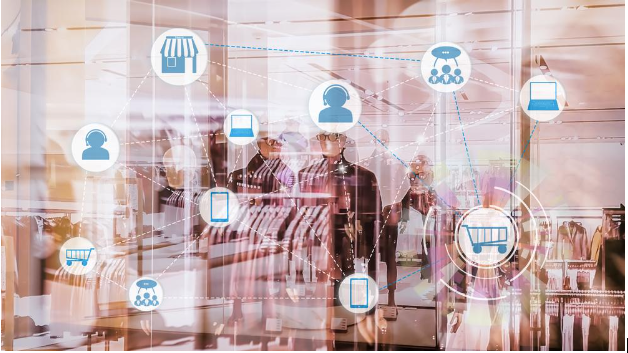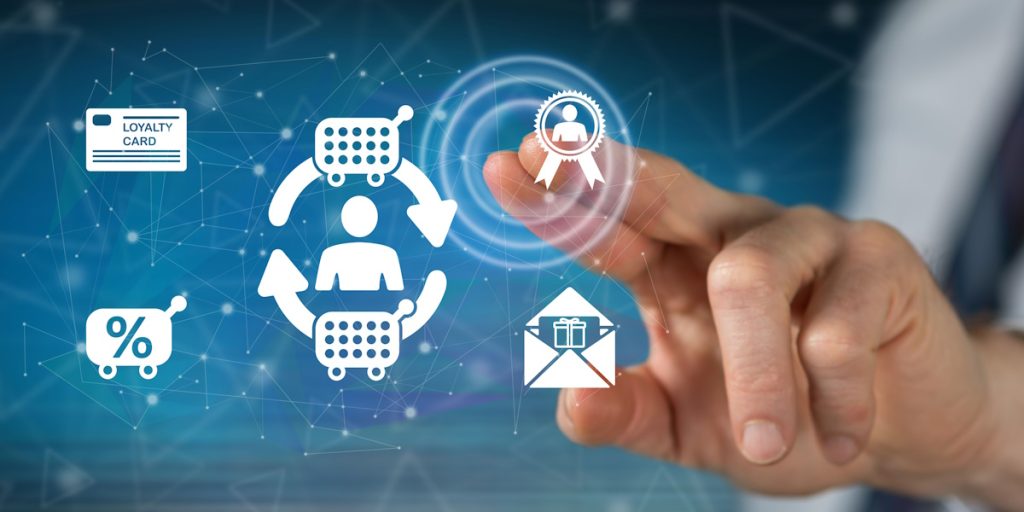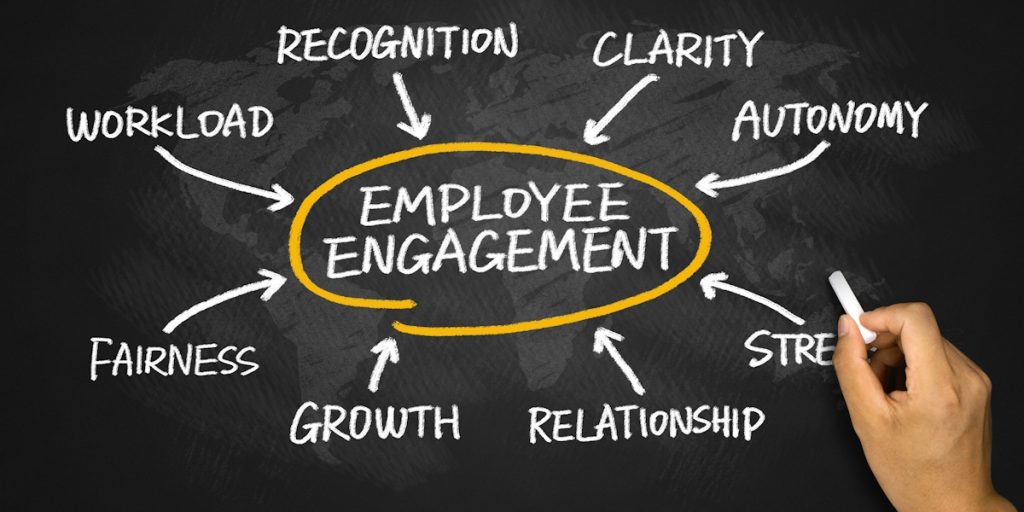Customer loyalty is changing—faster than ever before. In 2025, brands that fail to adapt will risk losing not just sales but also trust. What used to be about points and discounts is now about meaningful relationships. Today’s loyalty programs are evolving into personalized, privacy-focused, and emotionally driven experiences that resonate with real human needs.
The 2025 loyalty trends are no longer based on one-size-fits-all solutions. Customers expect brands to remember their preferences, respect their data, and make them feel seen and valued. Companies that deliver on these expectations will earn more than repeat purchases—they’ll earn loyalty that lasts.
Personalization Is the Standard, Not the Luxury
Tailoring Experiences Across Channels
Personalization in loyalty programs has shifted from basic name usage to real-time customization across every touchpoint. From product recommendations to exclusive offers based on buying behavior, the goal is to make each customer feel like the program was designed just for them.
Loyalty program personalization helps brands connect on a deeper level. When offers are timely, relevant, and genuinely useful, engagement increases. Brands using AI and predictive analytics can anticipate needs and create smoother experiences, from online checkout to in-store service.
Real-Time Data Drives Engagement
With customer expectations higher than ever, relying only on historical data is no longer enough. Real-time tracking—such as current location, recent activity, and social interactions—helps brands deliver meaningful loyalty rewards and experiences. This approach creates value beyond transactions.
Privacy Is Loyalty’s New Foundation
Consumer Trust and Data Responsibility
As customers become more privacy-conscious, the way brands handle personal data is under the spotlight. In 2025, consumer trust and data go hand in hand with brand loyalty. People are willing to share information, but only if there’s clear value and transparent usage.
Privacy-First Loyalty Strategies
Data privacy in loyalty programs is no longer a back-end issue—it’s a customer-facing promise. Brands must communicate what data they collect, how it’s used, and what control users have. Loyalty programs that include privacy settings, opt-outs, and consent-based personalization are gaining traction.
Customers are not asking brands to stop collecting data. They’re asking for control and clarity.
Emotional Loyalty Outperforms Transactional Loyalty
The Rise of Emotional Loyalty
While points-based systems still have a role, emotional loyalty is proving far more powerful. It’s about how a customer feels about a brand—not just what they get from it. Shared values, positive memories, and consistent brand behavior play a vital role in long-term retention.
Building emotional loyalty means moving beyond discounts. A personalized thank-you message, early access to a product launch, or even spotlighting a loyal customer can create a lasting impression.
You can also read more about the psychology behind loyalty in our post on Behavioral Economics in B2C Loyalty.
Behavioral vs Emotional Loyalty
While behavioral loyalty is based on habit or convenience, emotional loyalty is rooted in sentiment. Brands that foster emotional loyalty enjoy stronger word-of-mouth referrals, increased customer lifetime value, and greater brand advocacy. This shift requires a human approach that aligns brand actions with customer expectations.
What This Means for Loyalty Programs in 2025
Integrating Personalization, Privacy, and Emotion
To stay competitive in 2025, brands need loyalty programs that integrate personalization, respect for data privacy, and an understanding of emotional connection. Each element reinforces the other.
- Personalization increases relevance
- Privacy builds trust
- Emotional connection strengthens long-term loyalty
It’s not about adding features—it’s about building trust and making customers feel valued at every step.
Innovations Leading the Way
New trends in loyalty marketing in 2025 include:
- AI-powered reward engines
- Token-based membership models
- Voice assistant integration for loyalty check-ins
- Gamified experiences based on emotional outcomes
These innovations aren’t just tech-driven; they’re designed to make loyalty human again.
Final Thoughts
Loyalty in 2025 is not a tactic—it’s a relationship. Customers aren’t just looking for points; they want to be understood, respected, and emotionally connected to the brands they choose. By focusing on 2025 loyalty trends such as personalization, privacy, and emotional connection, brands can create loyalty programs that feel less like marketing tools and more like meaningful relationships.
Is Your Loyalty Program Truly Connecting With Your Customers?

